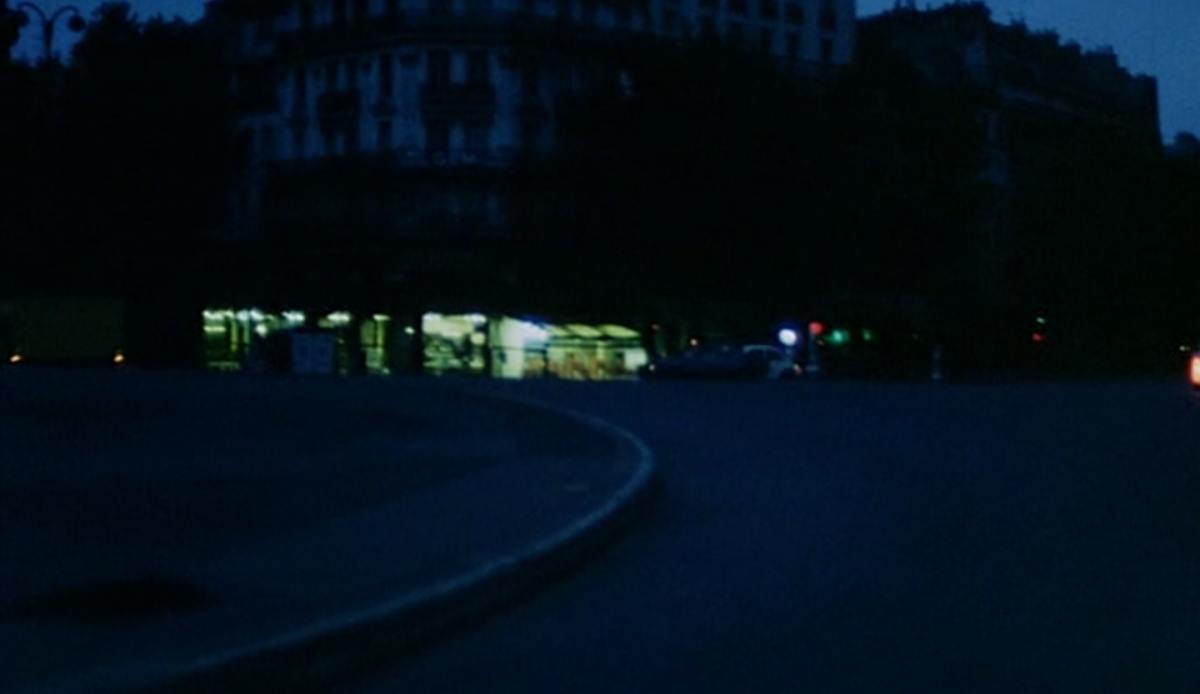Negative Hands

We call ‘negative hands’, the hands found on the walls of the Magdalenian caves of sub-atlantic Europe. These hands were just pressed upon the rock, after having been covered with colour. Usually, they were black, or blue. No explanation has been found for this practice.
In front of the ocean
under the cliff
on the granite wall
these hands
wide open
Blue
and black
Blue like the water
Black like the night
The man came alone into the cave
in front of the ocean
All the hands are the same size
he was alone
The man alone in the cave looked
into the noise
into the noise of the sea
the immensity of things
And he cried out
“You who have a name, who have been given an identity, I love you”
These hands
blue like the water
black like the sky
Flat
Pressed outspread on the grey granite
So that someone would see them
I am someone who calls
I am the one who called, who cried out, thirty thousand years ago
“I love you”
I cry out that I want to love you, I love you
I love whoever will hear my cry
On the empty earth, these hands will remain, on the granite wall, facing the ocean’s roar
Unbearable
No one will hear anymore
See anymore
Thirty thousand years
these hands there, black
The refraction of the light on the sea makes the stone wall tremble
I am someone, I am the one, who called, who cried out, in this white light
Desire
The word has not yet been invented
He looked at the immensity of things, within the roar of the waves, the immensity of its force
And then he cried out
Above him the forests of Europe
without end
He stands amidst the rock
corridors
paths of stone
everywhere
You, who have a name, who have been given an identity, I love you with an indefinite love
He had to climb down the cliff
conquer his fear
The wind blows from the continent, it drives back the ocean
The waves struggle against the wind
They advance
slowed down by its force
and patiently reach
the stone wall
Everything crashes
I love you more than you
I will love whoever will hear that I cry out that I love you
Thirty thousand years
I call
I call the one who will answer me
I want to love you, I love you
For thirty thousand years, I cry out, in front of the sea, the white ghost
I am the one who cried out that he loved you, you
Voice-over by Marguerite Duras from Les mains négatives (1978).
Image from Les mains négatives (Marguerite Duras, 1978)

